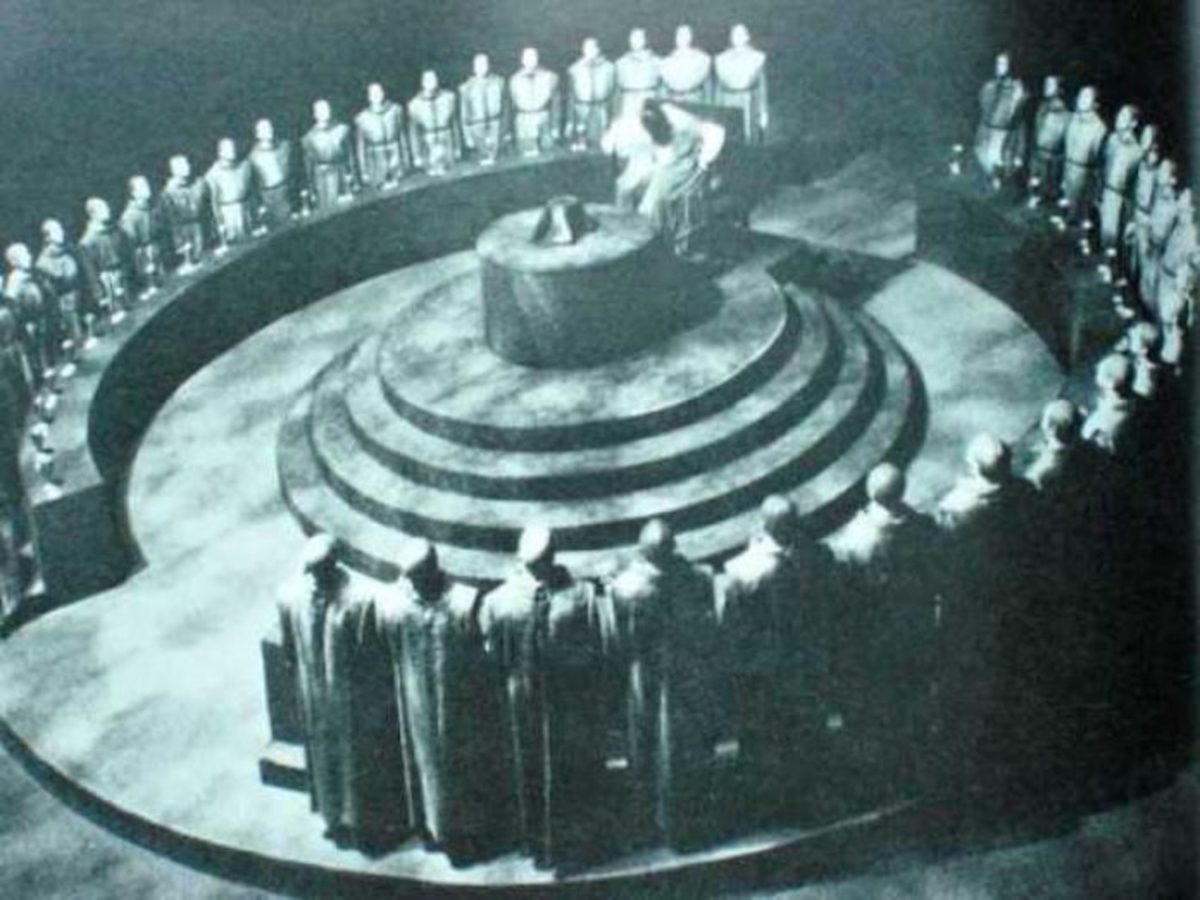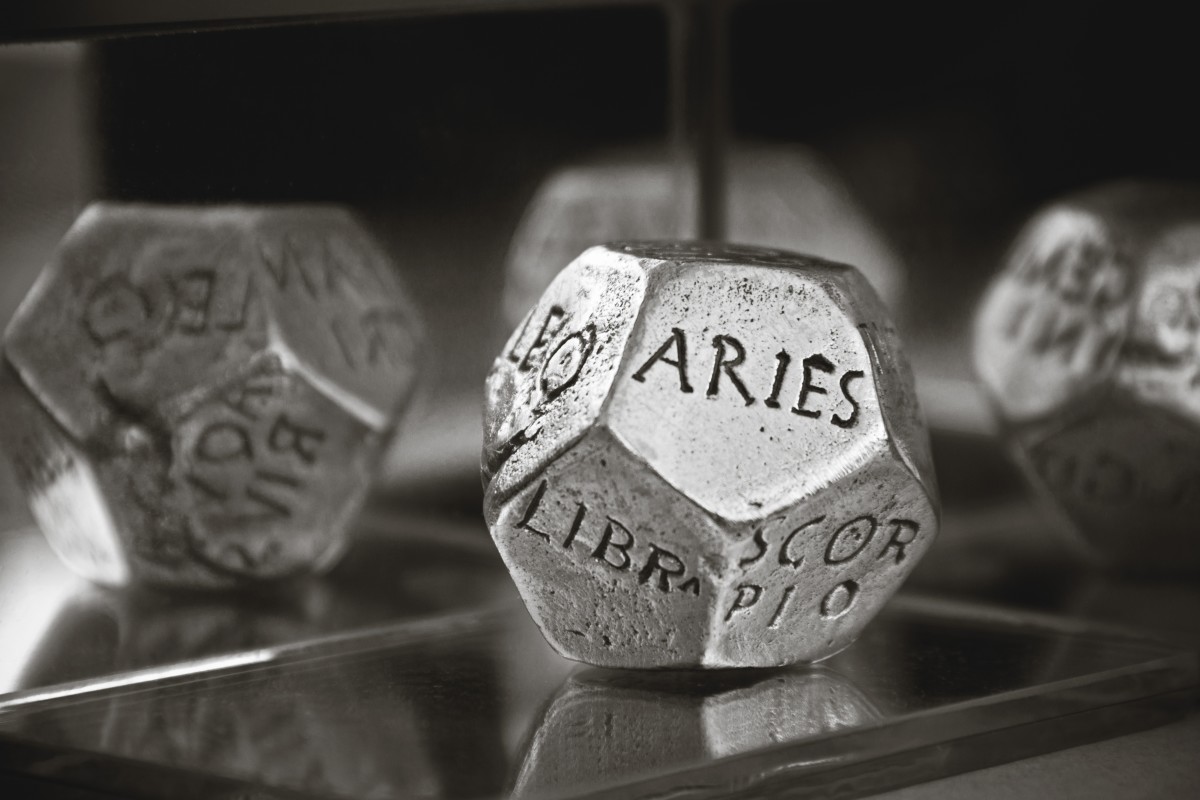Astrology Origins: The Brief History of Astrology
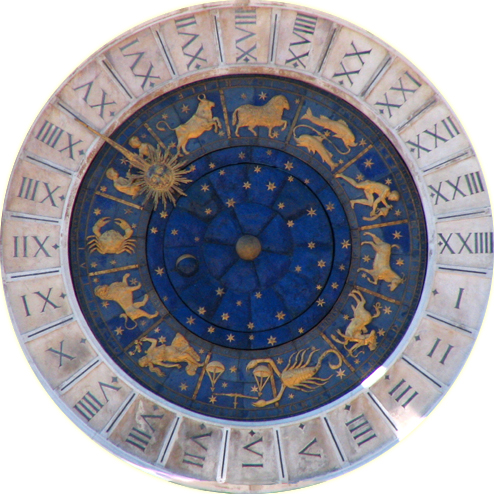
A lot of people don’t know what astrology is and where it comes from. They often cast it off as a small column called horoscopes that appear in the back of newspapers and magazines. Either that they attribute astrology as part of to a New Age phenomenon and all the other kooky, pseudo “sciences” attached to it. Well I’m here to tell you that astrology is much more than horoscopes corner in the back of newspapers and magazines or it’s New Agey, wackiness reputation. To understand this one must first take a look back into the origins and history of astrology.
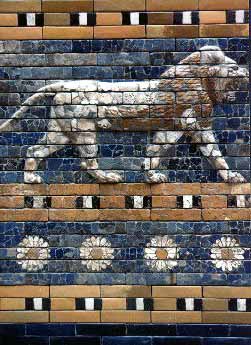
Astrology is actually thousands of years old and existed long before common and scientifically accepted disciplines of astronomy and psychology. Astrology is attached to ancient civilizations such as Ancient Egypt, Babylon, Greece and Rome civilizations. Ancient Babylon (modern-day Iraq) is considered the birthplace of astrology since earlier records indicate that the appearance of astrology was as early as 410 B.C., 1645 B.C., which coincide with the time Babylonians were around. Even so, wherever it originated, it didn't stay put and it traveled through various civilizations, cultures and regions.
Astrology was useful in ancient civilizations and called upon trends and examples. Ancient Astrology and especially modern Western Astrology was derived from the 12 lunar cycles or months when the sun eventually returned to its original position. It also called upon the 12 constellations that helped showed the progression and movement of the seasons as told through the stars. Ancient astrologers used astrology and astrological charts to forecast and predict weather patterns, natural disasters, wars and celestial events. This was mostly due agricultural initiatives and the cultivation and harvests of crops. Ancient Astrologers advise emperors and kings and were considered well educated, knowledgeable and valuable part of the ancient community.
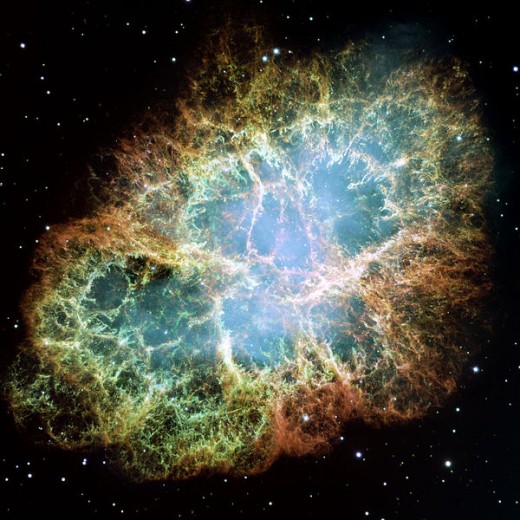
Technology and the creation of publishing allowed for the mass spread of information to the public. This occurred during the Renaissance period. Astrology was taken up by many men of science such as Galileo, Copernicus who combined astrology with science. For a very long time astrology carried the prestige of being considered a science. The scientific community for the most part embraced astrology. Even so, as time progressed ideas began to conflict and caused a rift between the astrology and scientific communities. Astrology’s lost of authority and distinguish coincide with the emergence of the Scientific Revolution in Europe. This further led to the alienation of astrology from the scientific community.
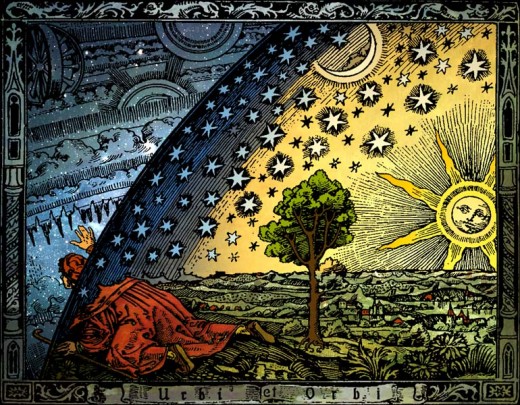
So for the next hundreds of years astrology was seen and casted as more of an art, ever so often emerging in and out the mainstream of society, though generally it was cast aside. Even so the story doesn't end here and astrology didn't die (otherwise I wouldn't be writing about it). In 1930 the birth of Princess Margaret helped astrology become popular again. This was because a newspaper, the London Sunday for press ran an astrological chart and profile on her birth. This proved to be well-liked and led to the emergence of horoscopes columns in newspapers. While by the 1950s and on popular astrologers such as Dane Rudhyar, Michel and Françoise Gauquelin, more recently Linda Goodman and many more, helped revive and expand the various fields, disciplines and overall popularity of astrology.
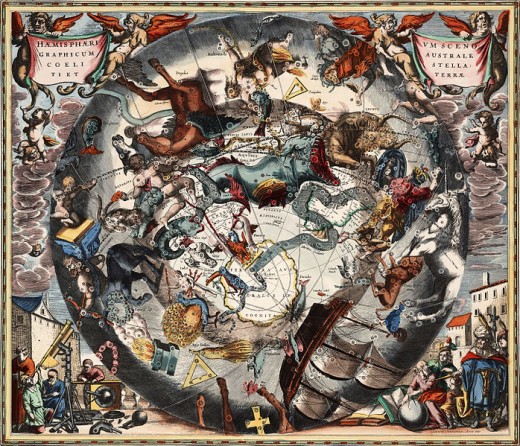
In recent, more modern times there has been a shift in astrology to more personal and intimate uses such as personal natal charts and readings. Even so, where would society and modern civilization be without astrology? Perhaps this is too drastic, but what if astrologers were considered the first “scientists”? Hmm… debate perhaps? Astrology has come a long way and I plan on guiding and introducing information on this topic further.
I hoped you enjoy this article; my next article will be: What is Astrology Anyway? Part 1: The Zodiac, Its Signs and the Planets. Feel free to comment, debate, and/or share your opinions, just comment below.


